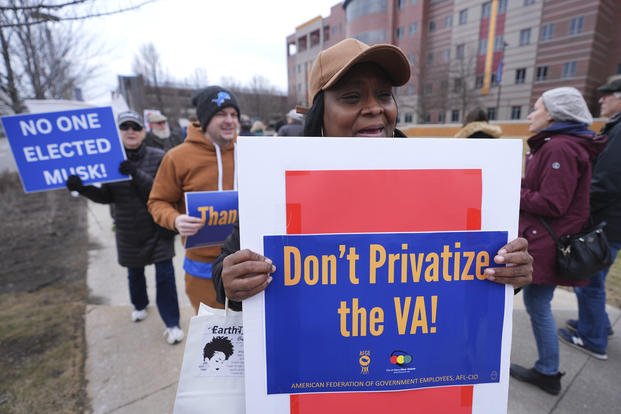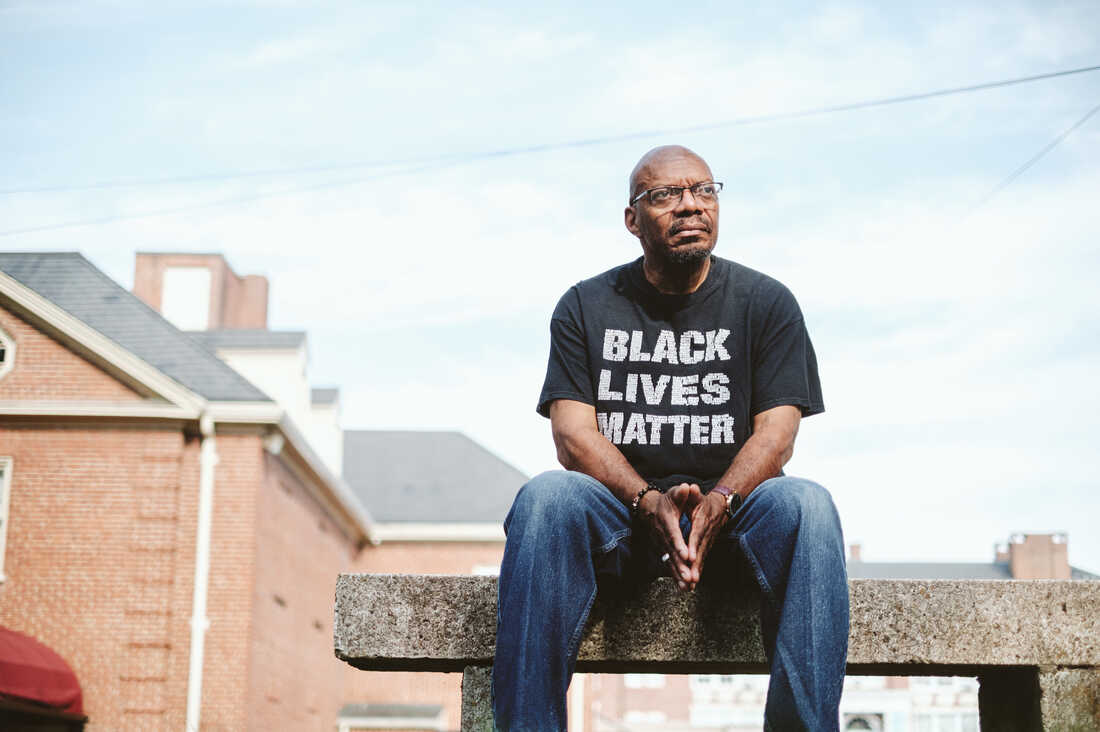In a shocking twist of legal fate, Charlottesville, Virginia, finds itself without a zoning code, thanks to a NIMBY lawsuit that aimed to restrict housing development. The unexpected outcome raises urgent questions about housing availability and the balance of power between residents and developers. As reported by Reason, a judge"s ruling invalidated the city"s new zoning code, leaving it without any zoning regulations at all.
NIMBY Activism Takes an Unexpected Turn
The lawsuit, filed by local neighborhood activists in early 2024, aimed to challenge the Charlottesville City Council"s decision to introduce more inclusive zoning rules that would allow apartment buildings and “middle housing” in areas previously designated for single-family homes. The plaintiffs claimed the city failed to adequately align the zoning changes with infrastructure planning. However, the judge"s ruling not only voided the proposed changes but also eliminated the previous zoning code entirely.
What Does Abandoning Zoning Mean?
With the invalidation of both the new and old zoning codes, Charlottesville is now in uncharted territory. As Justin Shimp, a local engineering firm head, explained, without an ordinance, developers could theoretically construct any type of housing they desire, bypassing the previously established guidelines regarding height, density, and land use. This could lead to a proliferation of unregulated construction, potentially flooding the market with new housing options. Critics of zoning often argue that many regulations are arbitrary and hinder necessary development, and this case exemplifies that argument.

Veterans" Protests Planned for D-Day Latest in Nearly 250 ...
Potential for Affordable Housing Growth
Ironically, while city officials scramble to reinstate a new zoning code, the absence of zoning could actually pave the way for more affordable housing solutions. The existing building codes remain intact, which means that developers can still construct housing without the constraints imposed by zoning regulations. If the city allows this situation to persist, it could lead to a significant increase in housing availability and diversity, which is crucial in a city grappling with rising housing prices and a scarcity of affordable options.
Legal and Political Implications
The implications of this legal debacle extend beyond Charlottesville. Cities across the nation are grappling with similar NIMBY opposition to zoning reforms aimed at increasing affordable housing options. The Supreme Court"s recent decision not to hear a major property rights case related to eviction moratoriums, which sparked dissent from Justices Clarence Thomas and Neil Gorsuch, underscores the contentious nature of property rights versus community needs. The dissenting justices argued that landlords deserve clarity on how eviction moratoriums impact their rights, indicating that the judiciary remains a critical battleground in the ongoing struggle over housing policy.

Five years after Charlottesville rally, residents grapple ...
Maine"s Progressive Zoning Reforms Contrast with Charlottesville"s Chaos
In the face of such challenges, other states are moving forward with progressive zoning reforms. Maine recently passed legislation that allows for more housing in commercial zones and limits localities" parking requirements, as reported by Maine Public Radio. This proactive approach stands in stark contrast to Charlottesville"s zoning fiasco, illustrating how forward-thinking policies can meet the urgent housing needs of communities. By encouraging diverse housing types and reducing unnecessary regulatory barriers, Maine is setting an example that other states could follow.
The situation in Charlottesville serves as a critical reminder that the fight for housing justice is far from over. As housing advocates and policymakers navigate the complexities of zoning laws and community needs, the unexpected outcomes of legal battles will continue to shape the landscape of affordable housing in America.



![[Video] Gunfire between Iraqi security forces and Sadr militias in Baghdad](/_next/image?url=%2Fapi%2Fimage%2Fthumbnails%2Fthumbnail-1768343508874-4redb-thumbnail.jpg&w=3840&q=75)
